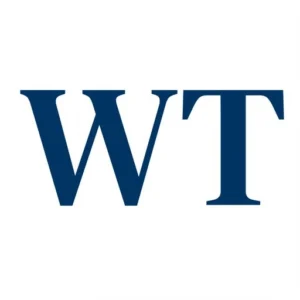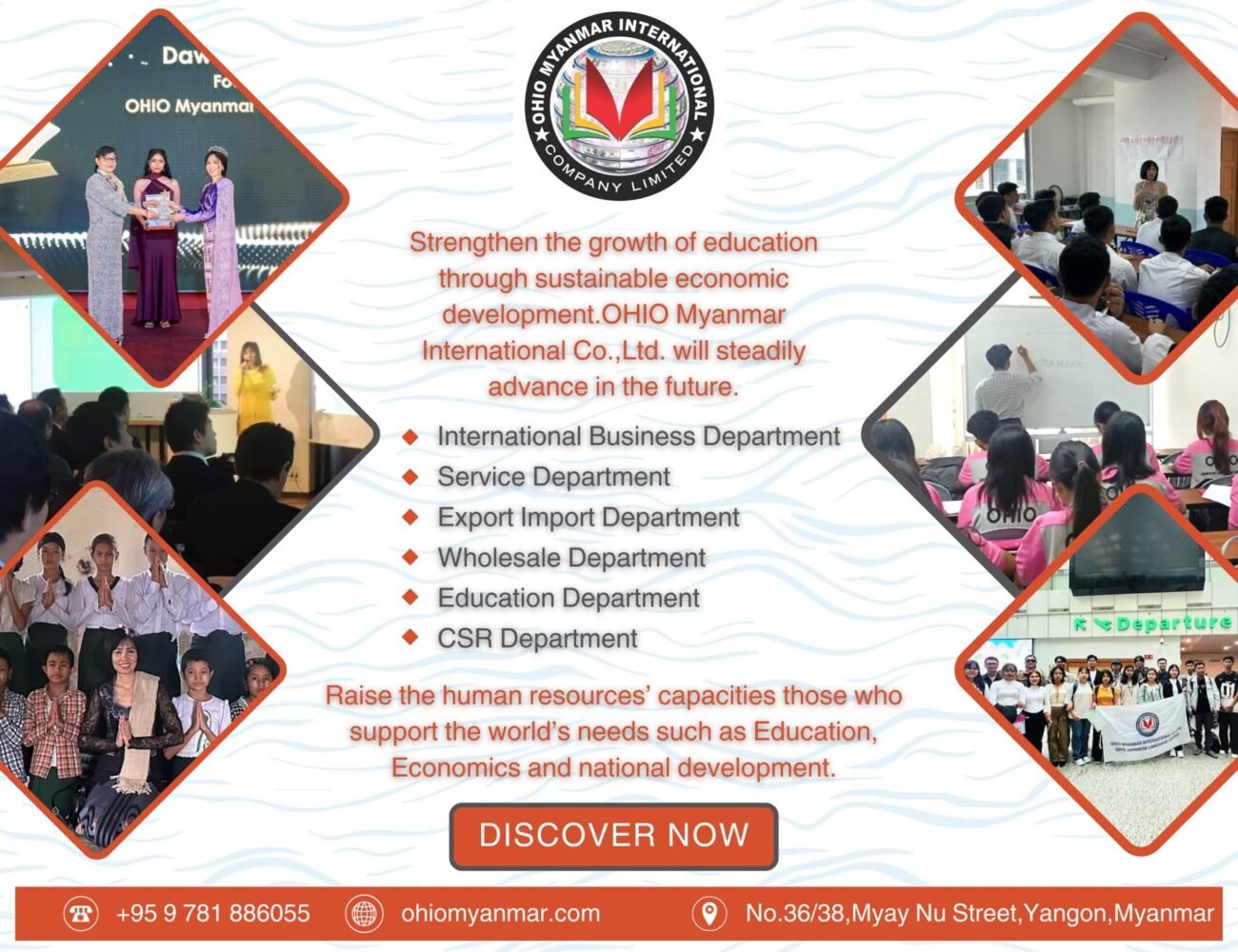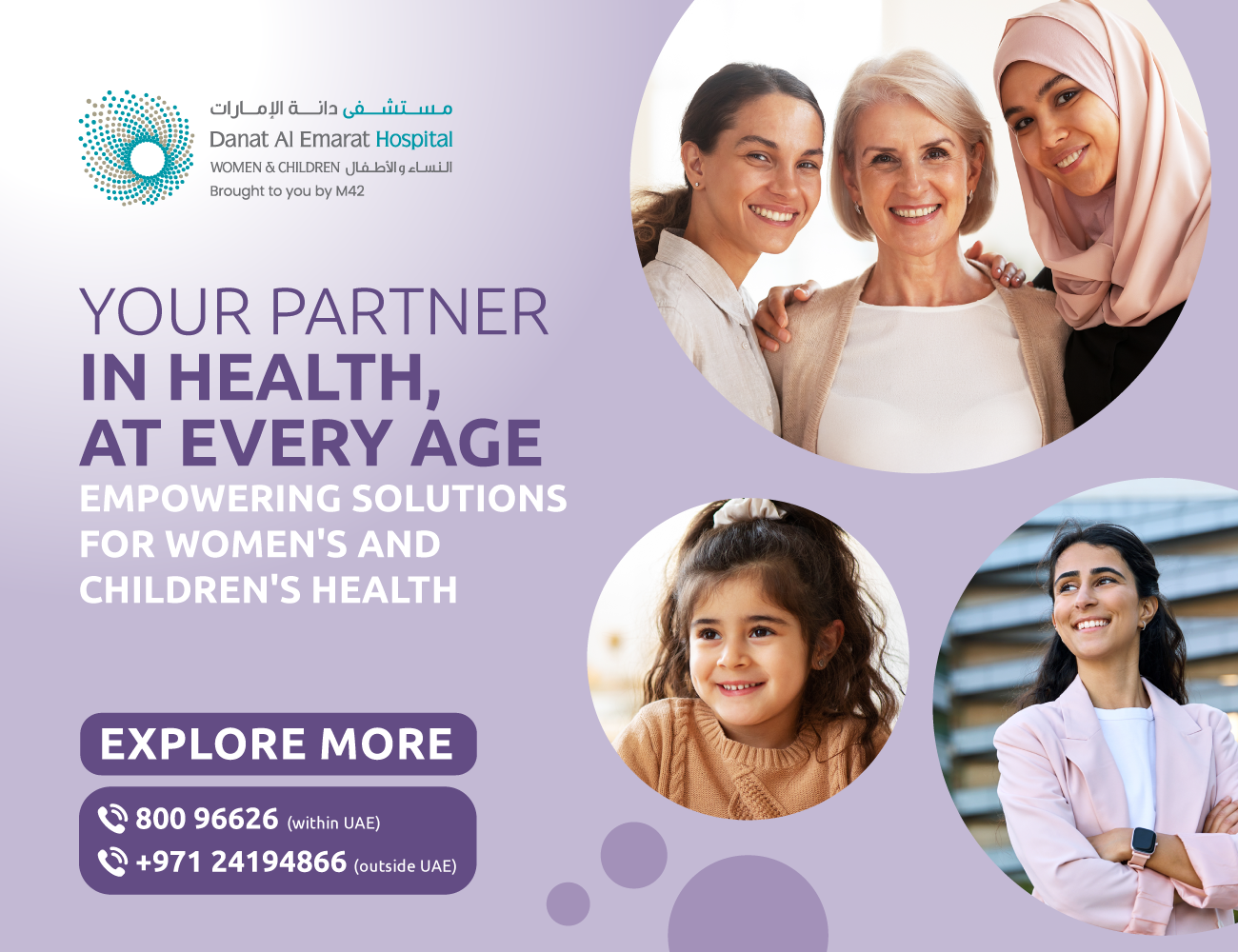
The Economic Community of West African States (ECOWAS) Commission has launched an ambitious $365 million initiative aimed at empowering women across sub-Saharan Africa. The Sub-Saharan Africa Women’s Empowerment and Demographic Dividend Plus (SWEDD+) project, which includes Nigeria among its beneficiaries, is a major step forward in addressing regional development challenges.
The SWEDD programme, originally initiated in 2015, was a joint effort between the World Bank and the United Nations, in response to a call for action from Heads of State in 2013. The goal was to tackle the demographic challenges faced by the Sahel region. Initially, the programme focused on five countries: Burkina Faso, Chad, The Gambia, Senegal, and Togo. Over time, its reach expanded to include other sub-Saharan African nations, such as Benin, Cameroon, Côte d’Ivoire, Guinea, Mali, Mauritania, and Niger.
Building on its success, which has already seen more than two million girls empowered, the programme has now evolved into SWEDD+. The new phase of the initiative will focus on expanding its reach and impact, with Nigeria now added to the list of countries set to benefit from this transformative project.
Madame Damtien Tchintchibidja, Vice President of the ECOWAS Commission, is leading the programme and highlights its importance in fostering economic and social empowerment for women and girls across the region. Tchintchibidja stressed that SWEDD+ seeks to reduce the vulnerabilities faced by adolescent girls and young women, enabling them to contribute actively to their countries’ economic and social development.
“SWEDD+ is a call to action for countries to invest in reducing the vulnerabilities of adolescent girls and young women, enabling them to become active contributors to the economic and social development of their nations. The programme will expand interventions that have already made significant impacts in education with over 1 million girls have stayed in school, supported by scholarships, meals, and transportation,” said Tchintchibidja.
The SWEDD+ project is funded by the World Bank, with technical support from the United Nations Population Fund (UNFPA), and involves collaboration with regional institutions such as ECOWAS and the Economic Community of Central African States (ECCAS).
To date, the programme has already made notable strides in supporting young women, with over 150,000 gaining access to job opportunities and skills training. Additionally, it has created over 8,000 safe spaces and 5,000 male engagement clubs to promote gender equality and challenge harmful cultural norms.
The initiative has also made strides in health, with over a million new contraceptive users receiving support and stock-out rates at health facilities being reduced to 24%.
Looking ahead, the SWEDD+ project has introduced three key components aimed at transforming the region:
- Gender-transformative Interventions: This includes promoting education, skills-building, and economic opportunities for women and girls.
- Strengthened Health Services: This focuses on expanding access to reproductive, maternal, and adolescent health services, alongside training more healthcare workers.
- Policy Advocacy: Efforts will be made to strengthen institutional capacity for gender-sensitive policies and to combat gender-based violence.
Through these interventions, the SWEDD+ programme aims to further close the gender gap and provide lasting opportunities for women and girls in sub-Saharan Africa.















